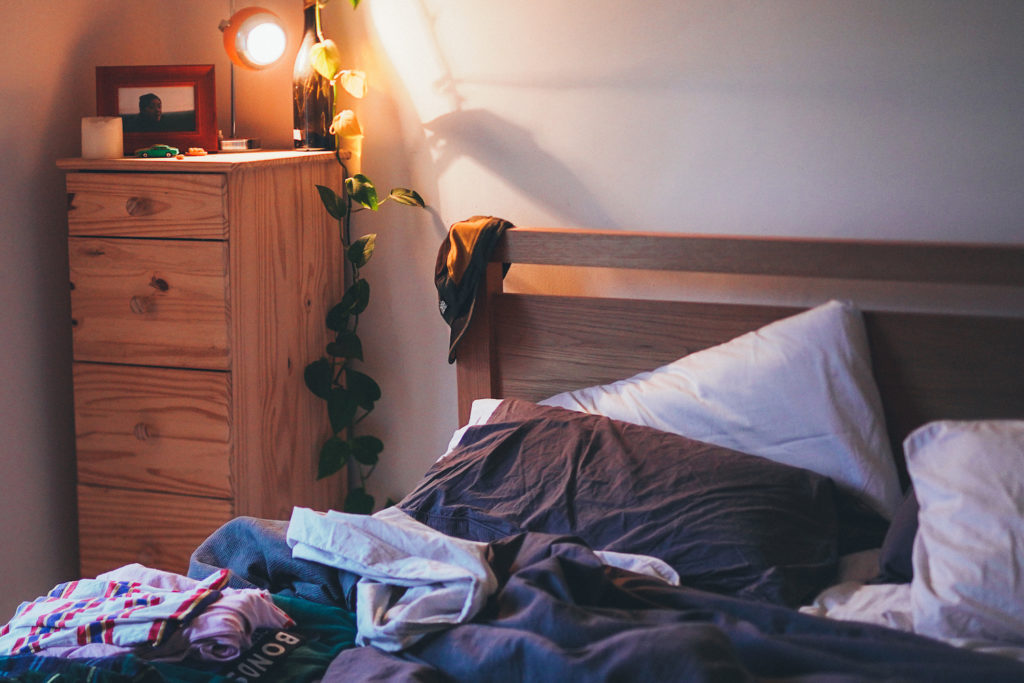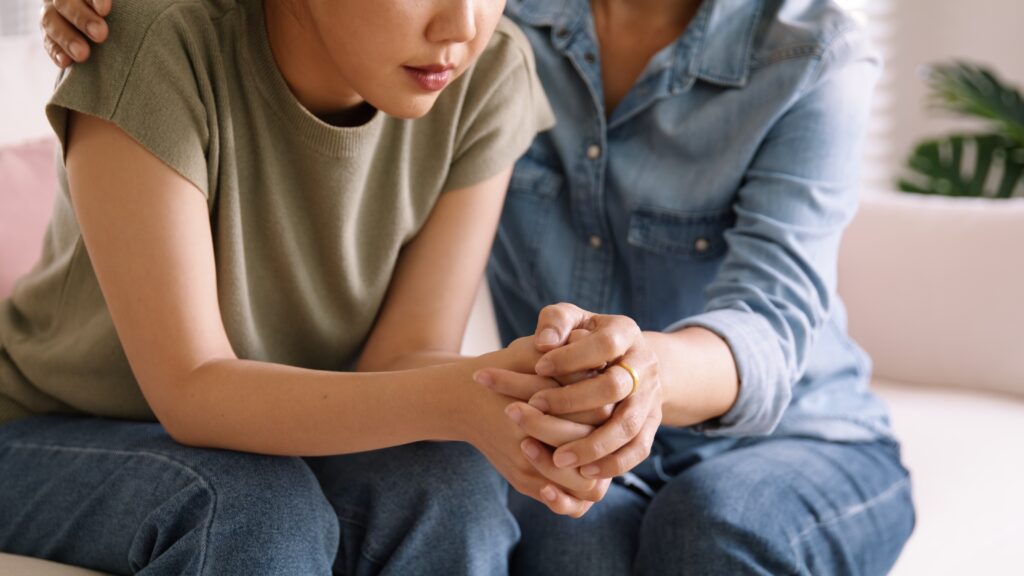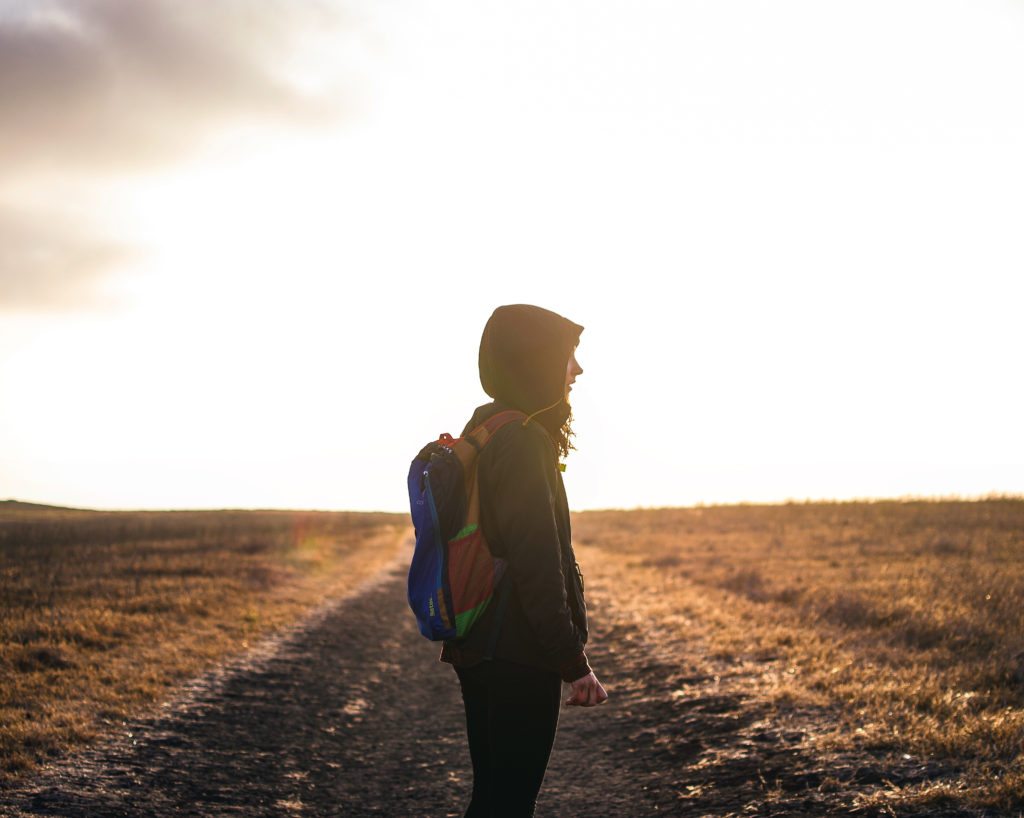It might seem like there’s an immense amount of pressure to remain ‘productive’ during COVID-19. While restrictions are in place – limiting where we go and who we see – some people have taken this as an opportunity to master a new craft, spring clean their houses, or get fit, in addition to studying at home and staying on top of assignments. You might be worrying whether you should be doing the same, or wondering why you don’t have the drive to be constantly busy.
If the thought of trying out a new hobby or re-organising your cupboards feels overwhelming and exhausting – that’s OK! There are no rules on being productive during this time; it’s just about doing what’s best for you.
It’s difficult to be productive during a crisis
As summarised by productivity expert, Racheal Cook:
“We are going through a collective trauma experience,” she says, referring to the upheaval and fear caused by the coronavirus pandemic. “Anxiety is up, depression is up. From a productivity standpoint, it’s challenging, because we’re navigating these huge emotional hurdles with an uncertainty that most of us have never really experienced in our lifetime.”
With our time and energy dedicated to adjusting to this new life under COVID-19, including studying and working from home, it’s normal for productivity to be lower than usual. While this is not an excuse to avoid necessities in your life, such as maintaining a nutritious diet and staying on top of assignments, it does explain why you might be feeling a little ‘off’. It also means you should find some self-care tactics that work best for you and your circumstances.
Practising self-care
Being productive and creative during this time of isolation is an excellent way to cope with the stresses and uncertainties of COVID-19. But this method might not be suited to everyone. The Australian Psychological Society encourages people to practise self-care during this time. Rather than worrying about staying ‘productive’ and trying to copy what you see others doing on social media, try these simple alternatives offered by the Australian Psychological Society:
- Maintaining good social connections and communicating openly with family and friends
- Making time for activities and hobbies you enjoy
- Keeping up a healthy lifestyle by eating a balanced diet, exercising regularly, getting quality sleep and avoiding the use of alcohol, tobacco and other drugs to cope with stress
- Practising relaxation, meditation and mindfulness to give your body a chance to settle and readjust to a calm state.
In essence, you don’t need to be doing things that are out of the ordinary or over the top. Just maintain the healthy habits and hobbies that you’re used to and enjoy doing – there’s no rule that you have to try something entirely new.
Do what you can and be compassionate
As a student, you will have to ensure you are still dedicating the time you normally would to your education, just in a different environment. Outside of this, you need to prioritise your health and wellbeing. Doing what you can, on any given day, is enough. If you only manage to go for a quick walk around your suburb one day, that’s great! You are not expected to complete a full workout. You’ve made yourself an easy pasta dish for dinner – perfect. You don’t need to make a full three-course meal; just do what feels most comfortable. Having a little bit of compassion for yourself and how you’re handling this new and difficult experience can help you adopt a more positive mindset.
Focus on today
Thinking towards the future during this uncertain time can cause stress and anxiety. This can make it difficult to focus on the present and what needs to be done. Making mini ‘to-do’ lists of manageable tasks is a good way of ensuring you remain grounded and busy during the day. In addition, mindfulness (which is “the quality of being present and fully engaged with whatever we’re doing at the moment — free from distraction or judgment”) is a technique you can practise to make sure you stay in the present moment. Headspace has a handy guide to mindfulness if it’s your first time trying this technique.
Reach out to someone
While it’s OK to be less productive during this pandemic, if you begin to feel entirely overwhelmed and unable to complete vital tasks, such as staying on top of your studies or maintaining a healthy lifestyle, you can reach out to someone. Chatting to family and friends can really help in remembering that you’re not alone during this time – everyone is going through similar, if not the same, experiences as you.
If you’d prefer to speak to a counsellor anonymously about your feelings and get advice on how to cope during COVID-19, there are a range of free services available across Australia, including:





